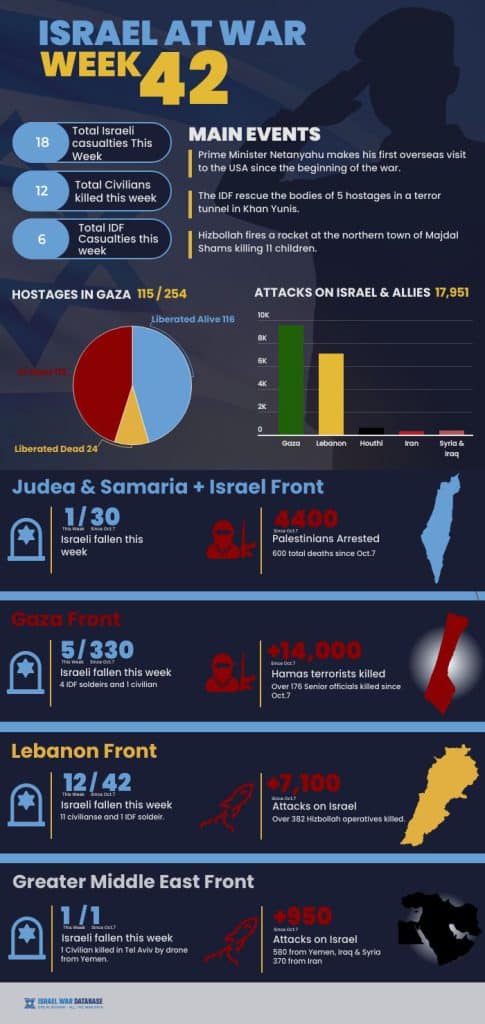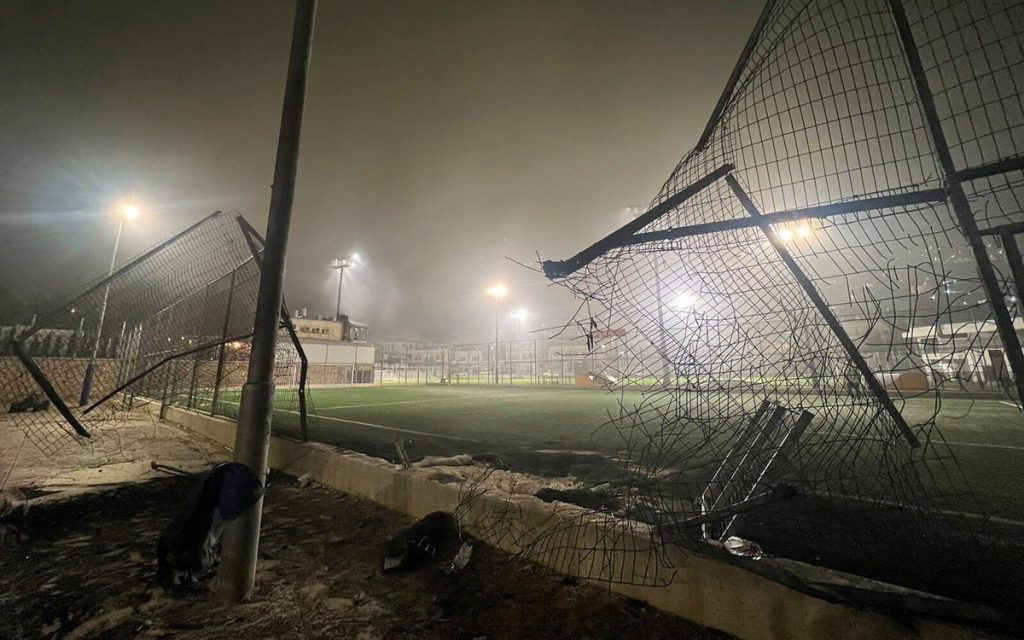
Overview
- A Hezbollah rocket landed on a soccer field in the Druze town of Majdal Shams in the Golan Heights. Up to this point, 12 children have been murdered in the attack with dozens injured and in critical conditions. The rocket was an Iranian-made Falaq-1 with a 50 KG warhead.
- President Biden’s advisers Brett McGurk and Amos Hochstein spoke to Israeli and Lebanese officials after the rocket attack. Hochstein expressed concern about the situation to Lebanon’s Druze leader Walid Jumblatt.
- Hezbollah published video footage from a drone that penetrated 50 km into Israeli territory and flew over the Ramat David base.
- The UK announced that it would not oppose the right of the International Court of Justice in The Hague to issue an arrest warrant for Prime Minister Benjamin Netanyahu and Defense Minister Yoav Gallant.
- CIA director Bill Burns is expected to meet on Sunday in Rome with senior Israel, Qatari and Egyptian officials in an effort to finalize the hostage deal. The meeting would include among others, head of Egyptian intelligence Abbas Kamel and Mossad Director David Barnea.
- The US, Israel, and the UAE held a secret meeting regarding “The Day After”, hosted in Abu Dhabi by the Emirati Foreign Minister, alongside US Special Envoy Brett McGurk and Strategic Affairs Minister Ron Dermer.
- Security forces uncovered a tunnel from which the bodies of 5 hostages using information that was obtained after an intensive investigation in recent weeks by the Shin Bet and the Hostage Command in the Intelligence Directorate.
- Hostages Alex Danzig and Yagav Buchstab were killed while in Hamas captivity; their bodies are still being held in the Gaza Strip.
Lebanon
Operational
Hezbollah Attack on Druze Village
After the IDF eliminated 4 senior commanders from Hezbollah’s Radawn force which included a cell of operatives at a weapons depot in southern Lebanon’s Kafr Kila, Hezbollah escalated its attacks on Israel. On Saturday evening, a Hezbollah rocket landed on a soccer field in the Druze town of Majdal Shams in the Golan Heights. As of Saturday night, 12 children have been murdered in the attack with dozens injured, with many in critical condition.
Ziv Medical Center in Safed admitted 32 wounded, including six who were treated in the trauma ward, 13 were in moderate-to-serious condition, and 10 who were lightly hurt. Another four casualties were taken to Rambam Medical Center in Haifa.
Israel Defense Forces Spokesman Rear Adm. Daniel Hagari said in a press conference on Saturday night that all the victims were aged 10 to 20. Hagari identified the rocket that struck Majdal Shams as an Iranian-made Falaq-1 with a 50 Kg warhead. Later that night, Hagari visited the village.
Col. Avichay Adraee, the IDF’s Arabic-language spokesman, revealed that the attack was carried out by Ali Muhammad Yahya, who is the commander of a rocket launching site in the Chebaa area.
This is the deadliest single event since the start of the war with Hezbollah. While initially Hezbollah affiliated media including social media accounts celebrated the attacks (along with the most popular Palestinian Telegram Channels like “Gaza Now” which posted images of disfigured and maimed bodies of the children with celebratory and derogatory comments), Hezbollah later decided to distance itself from the incident once it realized that the casualties were children of Druze origin (who come from a region that is traditionally loyal to Syria and not Israel).
Hezbollah’s and its allies’ new talking point is that the attack was a result of a faulty Iron Dome missile.
Reponses to the Attack
The attack led to swift promises of retaliation and talk of an unprecedented response among Israeli officials. The attack happened as Netanyahu was completing his diplomatic trip to the US.
- Israeli Foreign Minister Israel Katz told Axios “the Hezbollah attack crossed all red lines and the response will be accordingly.”
- National Unity party leader Benny Gantz visited Majdal Shams after the deadly Hezbollah attack on the Druze town, his office says in a statement, where he paid a condolence call to Mayor Dolan Abu Saleh and community leader Sheikh Muafak Tarif.
- EU foreign policy chief Josep Borrell posted on X that he condemns the attacks yet called for an “independent international investigation into this unacceptable incident” and called for “all parties to exercise utmost restraint and avoid further escalation”. His call for an investigation seems to be an adoption of the Hezbollah propaganda that the attack was not carried out by them. Yet, on the same day Borrell, noticeably, did not call for an investigation when he tweeted “Yet another attack on a school used as a shelter for internal displaced people in Khan Younis. Reports say at least 30 killed, 100 injured including many children. At the same time an already very fragile population is asked to relocate again and again, with no end in sight.”
- Prime Minister Benjamin Netanyahu said that he was “shocked” to see the attack by Hezbollah on Majdal Shams. Netanyahu pledges that Israel will “not let this pass in silence.” “Prime Minister Netanyahu made clear that Israel will not allow the murderous attack to simply pass on by, and that Hezbollah will pay a heavy price for this that it has not paid to this point,” says the Prime Minister’s Office
- IDF Chief of Staff Lt. Gen. Herzi Halevi visited the scene of the deadly Hezbollah rocket attack on Majdal Shams and spoke with members of the community.
- Defense Minister Yoav Gallant told Sheikh Muafak Tarif, the spiritual leader of Israel’s Druze community, that the country will “strike the enemy hard,” in response to Hezbollah’s deadly rocket attack.
- French President Emmanuel Macron called President Isaac Herzog to express “condolences and deep horror” over the deadly strike in Majdal Shams.
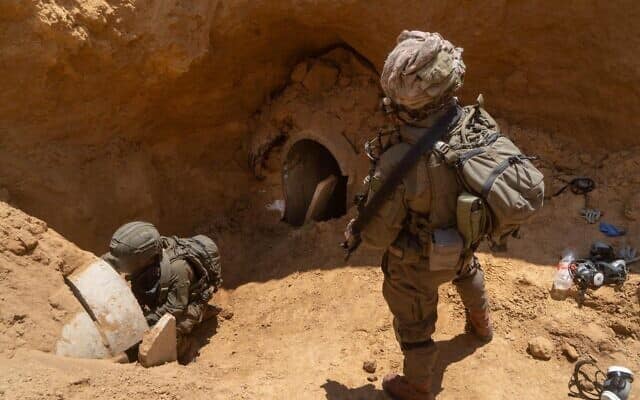
Inflection Point in the War?
This attack would seemingly require a forceful Israeli response. The question is if Israel will continue to act within the working, unofficial “guidelines” of the ever escalating war on Israel’s northern border. For most Israelis, the Hezbollah attack crossed a red line necessitating an unambiguous response. Should the government fail to respond, it would seemingly lose significant credibility. Countering that the US is pressuring Israel to engage in a more measured response fearing escalation with Hezbollah that would lead to a total war.
President Biden’s advisers Brett McGurk and Amos Hochstein spoke to Israeli and Lebanese officials after the rocket attack. Hochstein expressed concern about the situation to Lebanon’s Druze leader Walid Jumblatt. This comes at the worst time for the just emerging, Kamala Harris campaign, as she has to immediately deal with a potential widening international crisis. The Biden Administration had been publicly projecting that they were on the cusp of driving Israel and Hamas to sign a hostage release/cease-fire deal during their negotiations in Rome. This major attack on Israel has now largely sabotaged those tenuous negotiations as Israel’s attention has understandably shifted to Hezbollah. The anticipated responsive attack by Israel on Hezbollah at this time would likely put the final on the coffin of that potential deal. The likelihood of the Iranian proxy war against Israel intensifying and expanding to the Lebanon border just days ahead of the Democratic National Convention, is presumably exactly what the Harris campaign was hoping to avoid.
The Biden ’containment’ doctrine would lead the US to pressuring Israel to avoid attacking right away, while pressuring Israel not to cross certain red lines that the administration believes would set the region ablaze ahead of the November elections.
Meanwhile, the conventional wisdom says that neither Hezbollah (Iran), nor Israel want a full-fledged war in the north, which may lead to the consummation of a deal negotiated by Hochstein and McGurk with the Iranians in which Hezbollah retreats to the Litani river in accordance with UN Resolution 1701 and avoiding an all-out war. In return, the US would restrain Israel and give Hezbollah and Israel a ladder to climb down and de-escalate.
Other
- Rocket fire from Hezbollah toward northern Israel was ongoing throughout Saturday, with one rocket damaging a home in the border community of Arab al-Arashme.
- A Hezbollah drone that was apparently heading toward offshore gas infrastructure in Israel’s territorial waters on Saturday morning was shot down by the ship-mounted Iron Dome system, known as C-Dome. one of the Navy’s Sa’ar 6-class corvettes intercepted the drone at a significant distance from the Karish gas field. There was no imminent threat to the infrastructure.
- The Air Force Commander held a meeting with the heads of northern municipalities to reassure them in light of the inadequate response to numerous attacks by the Shia Hezbollah terrorist organization. He stated that the Air Force is ready for a full-scale war in the north.
- Hezbollah published a video from a drone that penetrated 50 km into Israeli territory and flew over the Ramat David base, filming and publishing images of aircraft fuel tanks, Iron Dome batteries, ammunition depots, the headquarters of Squadron 109, and other squadron headquarters. This is the furthest aerial penetration by a Hezbollah drone so far.
- A Kuwaiti newspaper reported on July 25 that, according to a senior Iranian official, Iran has transferred hundreds of electromagnetic warheads to Hezbollah, capable of striking any point in Israel and disrupting its electricity and communication networks in case Israel executes a preemptive strike.
International
- German Interior Minister Nancy Faeser closed and banned the activities of the Islamic Center in Hamburg, which is controlled by the Iranian regime. German media reported that police forces raided the Islamic Center in Hamburg and banned all Islamic centers associated with the Islamic Republic.
- On Thursday, Prime Minister Benjamin Netanyahu protested to White House national security adviser Jake Sullivan about sanctions the Biden administration imposed on Israeli settlers who were allegedly involved in violence against Palestinians.
- A horrifying threatening video targeting Israelis in general and Israeli athletes in particular was released before the start of the Olympic Games by an unidentified terrorist organization. The video shows a woman’s severed head and the terrorist in the video saying, among other things: “In the name of Allah, our struggle against the Zionist regime continues.”
- Former Iranian President Mahmoud Ahmadinejad survived an assassination attempt. According to “Iran International,” a network affiliated with the Iranian opposition, the car that he was supposed to be driven in, was sabotaged, as the steering and the brakes failed to engage.
- Israeli Foreign Minister Israel Katz responded to the events in France at the outset of the Summer Olympic Games, “the sabotage actions on railway infrastructure across France ahead of the Paris Olympics were inspired and executed by Iran and radical Islam.”
- The UK announced that it would not oppose the right of the International Court of Justice (ICJ) in The Hague to issue an arrest warrant for Prime Minister Benjamin Netanyahu and Defense Minister Yoav Gallant. This was a reversal of the policy of the previous UK government that had deemed the decision as “‘deeply unhelpful’ and flirts with ‘moral equivalence’ between Israel and Hamas.”
- Satellite images revealed ground-to-ground ballistic missile launch facilities in the Sinai.
- Syrian President Bashar al-Assad met with Russian President Vladimir Putin in Moscow.
Gaza Strip
Diplomatic
Hostage Deal
On July 11, Netanyahu outlined the four conditions for any ceasefire agreement: resumption of fighting after the ceasefire ends, control over the Philadelphi Corridor, prevention of terrorists’ return to the northern Gaza Strip (meaning the maintenance of the Netzarim Corridor) and maximizing the number of hostages released in the first stage of the ceasefire.
CIA director Bill Burns is expected to meet in Rome with senior Israel, Qatari and Egyptian officials in an effort to finalize the hostage deal. The meeting would include among others, the head of Egyptian intelligence Abbas Kamel and Mossad Director David Barnea.
Israel delivered the US its updated proposal for the hostage deal on Saturday.
Israel insisted that it won’t agree to the return of armed Hamas militants to the northern Gaza Strip and insists that a maximum number of live hostages be released in the first phase of the deal. Moreover, Israel added new demands, such as establishing a mechanism for monitoring the movement of weapons and Palestinian militants from southern Gaza to the north and maintaining Israeli control over the Gaza-Egypt border. This comes amidst Egyptian pressure that Israel would relinquish control of the Philadelphi Corridor.
Cairo opposes any permanent IDF presence on the border. Currently, the parties are discussing the possibility of deploying sensors to detect tunnels instead of deploying underground walls (which would be faster and cheaper). The cost would be $500 million, with $100 million funded by the US. The IDF will maintain operational freedom to raid and destroy tunnels. Since most smuggling occurs through the Rafah crossing and not through tunnels, Israel insists that any agreement includes control and supervision of the crossing by Israel. According to media reports, senior military officials are willing to allow the Rafah crossing to be operated solely by Palestinian Authority elements, with Israel retaining control over the crossing.
Other updates to the proposal include changes in the locations where the redeployment of IDF forces will take place in the Gaza Strip in the first phase of the deal. Moreover, the draft demands a monitoring mechanism for the return of residents to the northern Gaza Strip. These residents will undergo screening (likely to be registered and photographed) to prevent the return of Hamas members and facilitate their arrest if they attempt to return.
Netanyahu’s Visit to the US
Trump
Trump signaled that he wants to resume the peace process that perhaps would include the establishment of a Palestinian State. In an interview with Fox News on Thursday, he said about the war: “I will make sure it ends quickly, it has to end,” and added: “It can’t go on like this, it’s too long, it’s too much.” He posted on “Truth Social” that he looks forward to meeting with the Israeli Prime Minister to move forward and achieve peace in the Middle East, attaching a letter he received from Mahmoud Abbas on July 14 (a day after the assassination attempt).
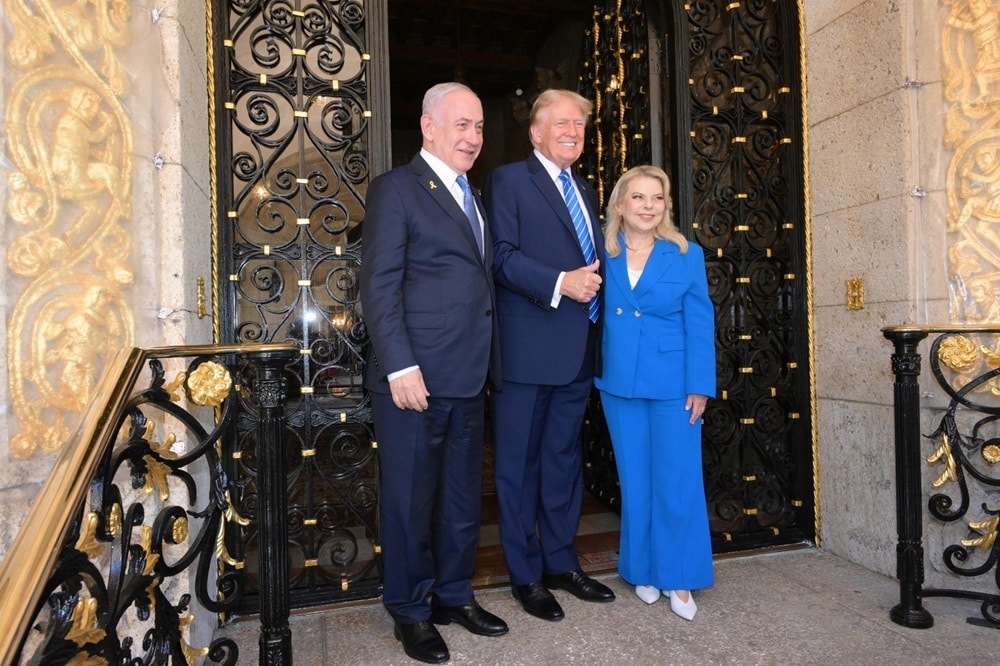
Harris
Harris stated that it’s time for this war to end, for a hostage deal and a ceasefire, and also said that she has been present at all talks with Netanyahu since October 7 and will continue to support Israel. She reiterated her commitment to Israel’s security and its right to self-defense but added that this right comes with responsibility for how this defense is conducted, meaning reducing civilian casualties. She also mentioned the suffering in Gaza, and repeated the false claim that 2 million people are starving in Gaza, seeming to ignore Hamas’s responsibility and pin the blame on Israel and suggested that she would be more critical of Israel than Biden has been.
After a 40-minute meeting with Netanyahu, Harris’ gave an on-camera statement and said she pressed the Israeli Prime Minister to conclude a hostage and ceasefire deal.
Netanyahu’s Speech
Netanyahu addressed a joint session of Congress, presenting both the war as one that Israel and the US are fighting together, and demonstrating to Israel’s enemies that there remains broad support for Israel in the US Congress. Netanyahu load out his vision for the day after Hamas in Gaza, which includes a demilitarized Gaza Strip with a local administration undergoing a deradicalization process, with Israel maintaining security control for the foreseeable future to prevent Hamas from rising again. He proposed that, alongside the US, any Arab country willing to sign a peace agreement with Israel should join a new regional alliance against Iran, called the “Abraham Alliance.”
Netanyahu also showcased a series of IDF soldiers and their heroism stories, linking their fight to the US’ fight against the radical axis, while warning Congress against implications of ICC prosecutor Khan’s intention to issue arrest warrants against Israelis. Netanyahu seemed to be hoping to secure Congress’ empathy and understanding in order to rally it toward possible anti-ICC legislation should it be required, in order to protect US allies and US troops themselves from possible legal warfare.
From his speech, it is clear that Israel views the most direct option of retrieving its hostages is through relentless military pressure until Hamas surrenders and lays down its arms.
Meetings with Officials
Netanyahu tried to expedite the receipt of munitions from the US to continue the campaign in Gaza and in preparation for the inevitable escalation on the northern front. In his Washington speech, Netanyahu said: “Give us the tools faster, and we will finish the job faster.” He was accompanied on his US trip by the Minister of Strategic Affairs, Ron Dermer, who met with the Chairman of the House Foreign Affairs Committee to discuss the approval of the transfer of certain munitions, but did not disclose which munitions.
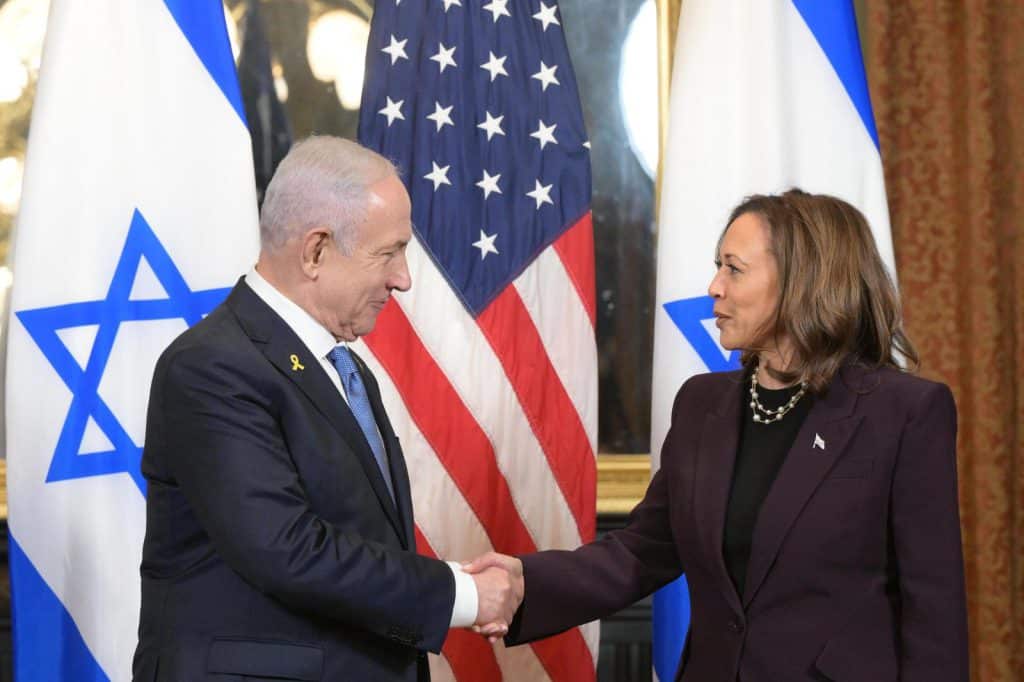
Day After Talks
- According to a July 25 report in the WSJ, the US, Israel, and several Arab countries discussed the possibility of appointing Mohammed Dahlan (currently in the UAE) as the head of a new internal security mechanism in the Gaza Strip that would include 2,500 armed Palestinians. Israel and Egypt would vet those who enlist, and this force would act as a police force in the Strip as part of its rehabilitation and the day after. However, Dahlan declared on Twitter that he would not be willing to head any political entity that does not have broad agreement from all parts of Palestinian society. This statement may be an attempt to avoid the image of being a proxy for the US and Israel, which would harm his legitimacy in the eyes of Gazan society.
- In the “Beijing Declaration,” 14 factions of Palestinian groups including Hamas and Fatah agreed to form a temporary unity government responsible for managing Gaza until elections for the Palestinian Authority will commence (at an unspecified date). This shows that Hamas does not plan to give up power, especially not its leadership abroad, and sees the PA as a lifeline. This declaration is Hamas’ attempt to save itself from a post-reconstruction plan that excludes them.
- It was reported that on July 18, the US, Israel, and the UAE held a secret meeting regarding the day after, hosted in Abu Dhabi by the Emirati Foreign Minister, alongside US Special Envoy Brett McGurk and Strategic Affairs Minister Ron Dermer. The UAE proposed deploying a UN peacekeeping force, backed by their soldiers on the ground, to be responsible for law and order, managing food and humanitarian aid, and laying the foundation for a functioning government. According to the UAE, this must include a reformed PA and Israel must agree to the PA’s involvement and agree to adopting the “two-state solution” framework.
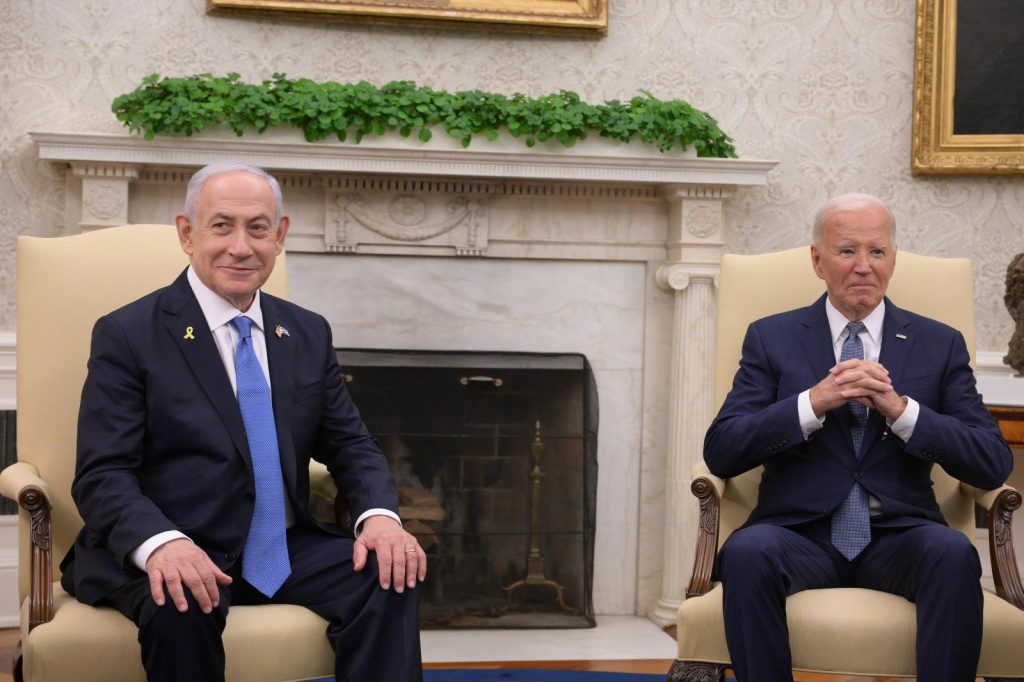
Operational
Khan Younis Area
The 98th Division is fighting in three locations in the Khan Yunis area: Al-Qarara, Hamad neighborhood, and Bani Suheila as part of a clearing operation in which over 100 terrorists have been eliminated and at least 50 terror infrastructures have been destroyed, so far. The terrorists are not presenting significant resistance and their attacks are significantly less intense in comparison with previous similar operations in Gaza City.
Security forces uncovered a tunnel from which the bodies of 5 Israeli hostages were found, using information that was obtained after an intensive investigation in recent weeks by the Shin Bet and the Hostage Command in the Intelligence Directorate, utilizing intelligence gathered through the interrogation of prisoners.
The tunnel was located in western Khan Yunis, in an area that had been evacuated before after the IDF ordered civilians to leave. This meant a reduction in the humanitarian zone area as Hamas was operating from what the IDF already designated as safe zones. The tunnel was 20 meters deep and 200 meters long, with several rooms.
Rafah Area
Fighters from the 162nd Division continue to clear the Rafah area. According to Netanyahu, at least 1,200 terrorists have been eliminated in the area so far. In the Rafah area, IDF troops have encountered stronger resistance from terrorists in the surrounding areas around Rafah including Tel Sultan, Yibna and other camps. Defense Minister Gallant conducted a situation assessment on-site and reiterated the statement, “We are approaching the defeat of the Rafah Brigade.”
Unlike the northern part of the Gaza Strip, which is using the Nezarim Corridor that prevents Hamas from being reinforced, the open area north of Rafah allows Hamas’ Rafah Brigade to receive reinforcements regularly, which extends the battle and prevents Israel from defeating the Rafah Brigade a in a shorter period of time.
Other
According to the IDF, in recent weeks, more than 50 airstrikes have been carried out against Hamas sites embedded within schools and other sites used as shelters for civilians.
- The IDF issued fresh evacuation orders to Palestinians in Khan Younis and the central camps. This included areas that were previously in the humanitarian zone. The Air Force attacked several buildings in the Nuseirat camp, including high-rise residential buildings. The IDF also hit a Hamas command center in a school in Dir el Balah in an incident Hamas claimed to have killed 31 people. The military said that the command room it targeted was used by Hamas operatives to plan and carry out attacks, and the site was used to develop and store weaponry. To mitigate harm to civilians, the IDF said it carried out “many steps,” including using a “munition adapted to this type of strike,” aerial surveillance, and other intelligence.
- The Northern Brigade of the Gaza Division destroyed a Hamas attack tunnel dug from the heart of a residential neighborhood in Beit Lahia, that was over a kilometer long, which contained multiple exit openings several hundred meters from the border fence adjacent to the community of Netiv HaAsara in the northern Gaza envelope. The tunnels were connected to the power grid and equipped for prolonged stays.
- IDF has confirmed that Israeli hostages Alex Danzig and Yagav Buchstab were killed while in Hamas captivity. Their bodies are still being held in the Gaza Strip.
Judea and Samaria
- In the past week, security forces arrested 50 wanted individuals and confiscated several weapons.
- The Palestinian Authority attempted to arrest Abu Shuja, the commander of the Tulkarm Battalion of the Islamic Jihad, while he was at a local hospital. A crowd defended him, allowing him to escape. Hamas condemned this arrest attempt, stating that it violates the ‘Beijing Declaration’ on unity among all factions.
- In a brigade operation, the IDF blew up the hideout apartment of the head of the local Hamas infrastructure. The terrorists killed belonged to Hamas, Al-Aqsa Martyrs’ Brigade, and Islamic Jihad, responsible for a series of shooting attacks on traffic routes, planting explosive devices, or shooting at communities in the Sharon area. By order of Defense Minister Gallant, drones were used to target local militia leaders.
Yemen
- It was reported that Egyptian President Abdel Fattah El-Sisi asked Oman to mediate an agreement with the Houthis to prevent them from flying drones over its territory.
Iraq and Syria
- A new pro-Iranian Shia militia in Iraq claimed responsibility for rocket fire targeting two American bases, one in Iraq and one in Syria. Their goal was to coerce the American troops to vacate the country.
- An Iraqi delegation in Washington is requesting the beginning of the American forces’ withdrawal from the country starting in September and that by September 2025, no US or NATO soldiers remain in Iraq. The Institute for the Study of War warns that, so far in 2024, the Islamic State in Syria and Iraq has already carried out 153 attacks and will likely regain its complete strength within 12-24 months without external efforts to prevent this development. This means that should the US and NATO remove its soldiers, Baghdad and Damascus will likely time their actions with Iran, which will fill the vacuum, adding rocket and drone arrays from that region to launch towards Israel.
Iran
- It was reported that Iran has increased its oil exports to China to over 1.5 million barrels per day.
- National security spokesperson John Kirby has admitted that the Iranian government is “funding some of this protest movement here in the United States.” This follows a statement from Director of National Intelligence Avril Haines that indicated that the intelligence community has “observed actors tied to Iran’s government posing as activists online, seeking to encourage protests, and even providing financial support to protesters.”
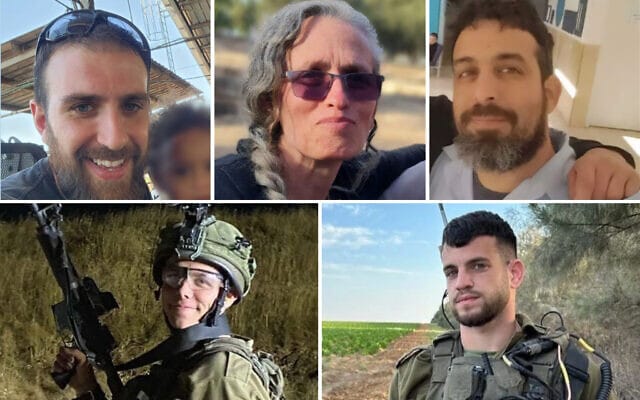
Fallen Soldiers
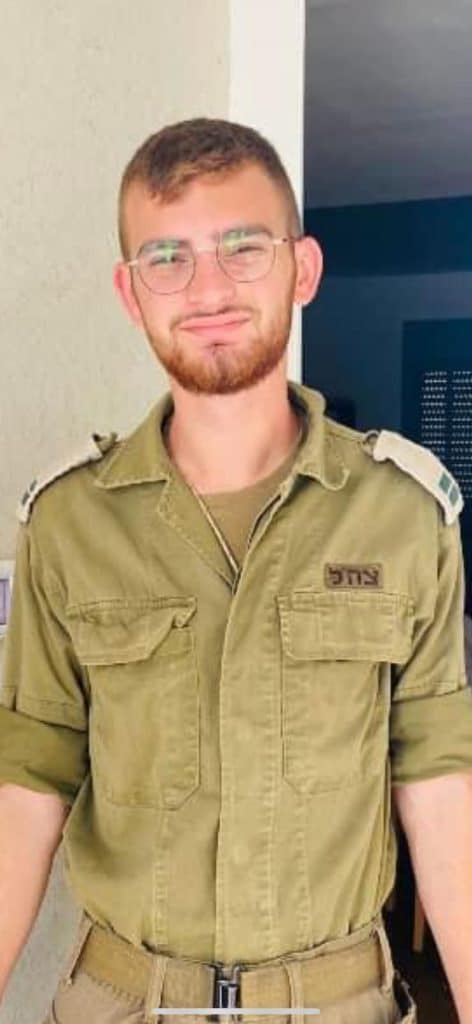
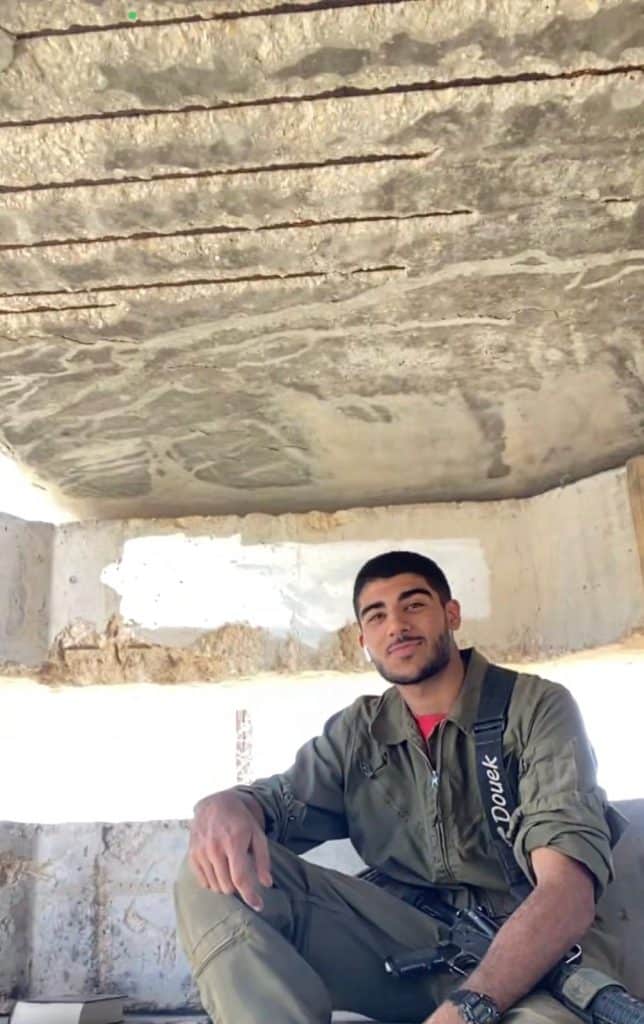
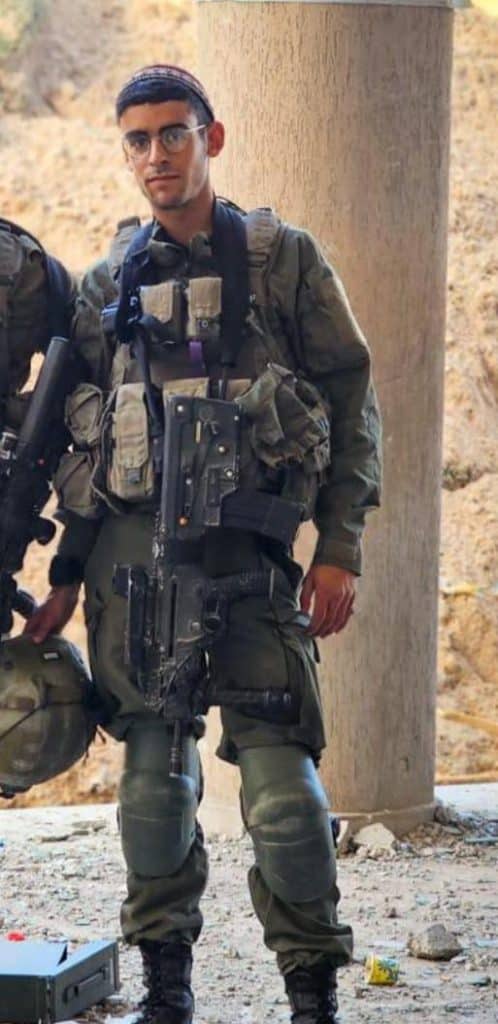
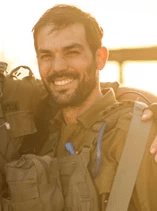
Of Blessed Memory

